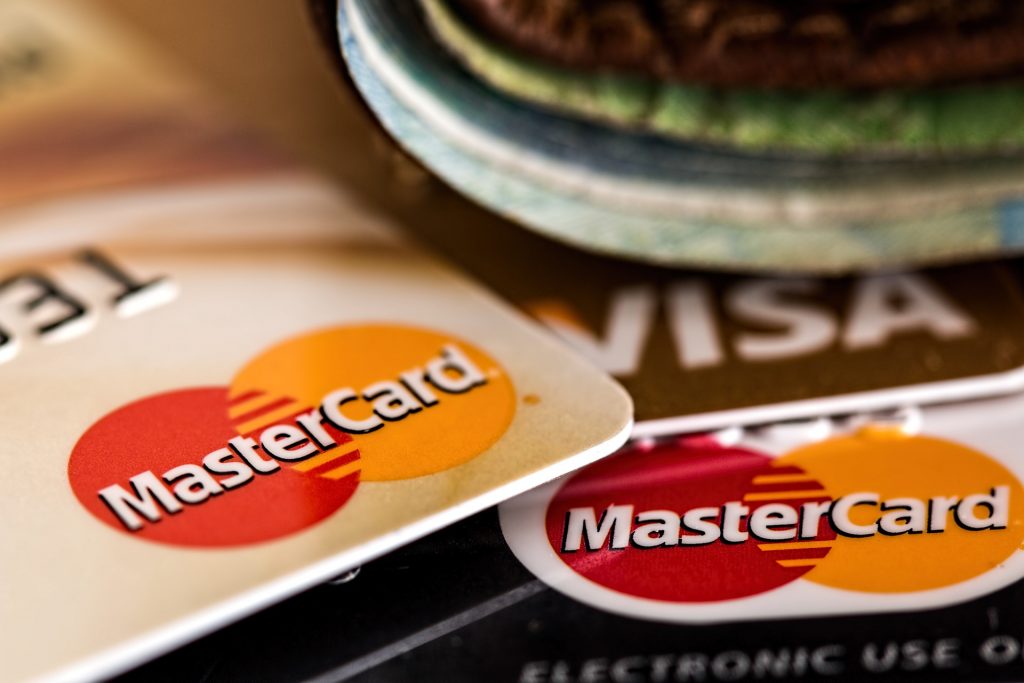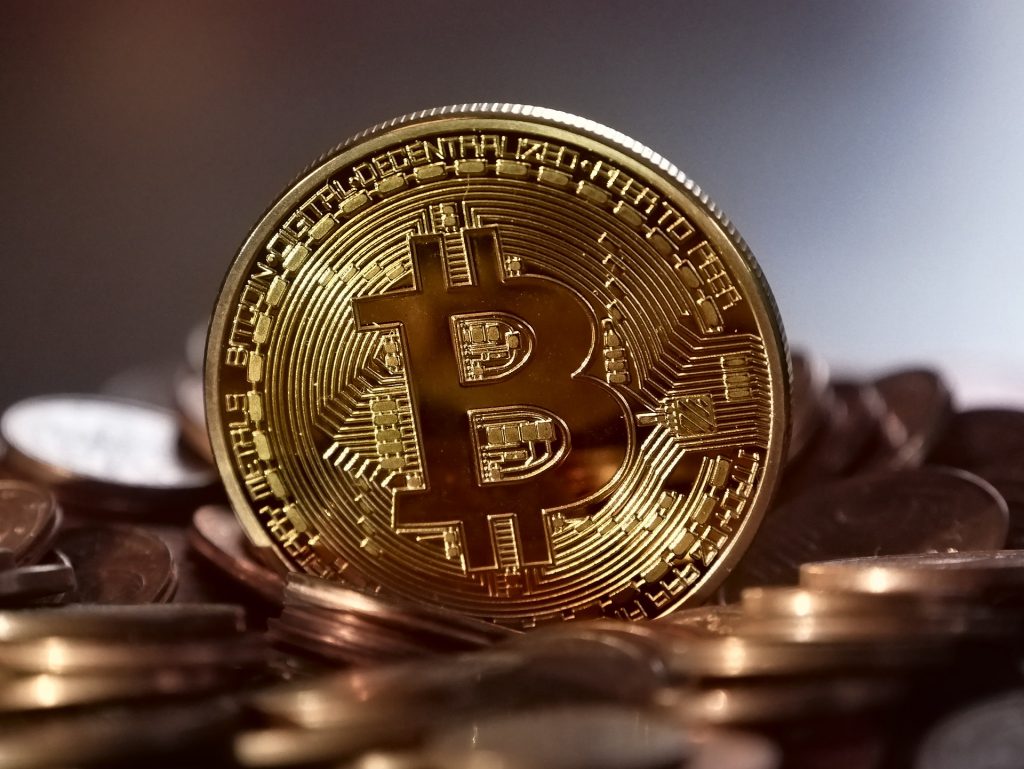The convenience and benefits of making payments with credit cards can’t be denied. However, to rack up points and dodge high-interest charges, you must make prompt payments monthly. What about mortgage payments? You’re probably wondering if it is even a possibility to pay your mortgage with a credit card. The answer is, yes.
But before you get excited and make that leap, it’s important to know the good, the bad and the ugly about it. The reasons most people would give for using plastic for their monthly mortgage payments are:
- To secure rewards and attain the minimum spending amount
- To buy time without delaying payment
- To increase daily spending and earn points
Despite the above benefits, it could cost you in some way. Let’s dive into the details.
What Could Hinder Your Payment
First of all, for a seamless transaction, your mortgage lender, credit card provider and credit network must all give you the go-ahead. They are the first key determinants of whether you should even consider going this route.
Each of them has unique terms and conditions which may or may not be an obstacle to paying your mortgage off using plastic. You should find out early on where each of them stands to avoid a declined or late payment.
For instance, MasterCard will allow you to use a credit card or debit card to make your payments. For Visa, they allow lenders to take prepaid card payments and Visa Debit. On the contrary, you cannot use Bank of America cards to make your payments.
If your lender is in agreement, you can use Wells Fargo credit cards to make your payments. A considerable number of lenders are more inclined to engage in this transaction only with the involvement of a third-party payment provider.
Using a Third Party to Make Your Mortgage Payments
A third-party payment provider comes in especially when you’re finding it difficult to get your credit card accepted for mortgage payments (which is the case with several direct lenders). A leading third-party is Plastiq. They currently process payments using MasterCard or Discover credit card. The way it works is that each time pay with your card, Plastiq gets 2.5% of the payment.
Plastiq then makes either an electronic or check payment to your lender (depending on what is acceptable to them). This process cuts out the necessity for all three companies to authorize the transaction. You have the option for automatic or manual payment. You can also make payment at once.
It’s important to note that with Plastiq’s referral program you have the opportunity to bypass their transaction fee. Every referral with a verified payment earns you $1000 in fee-free dollars. If you’re able to refer several people, you could make fee-free payments worth several thousands of dollars.
However, this may not be a long-lasting solution. In the past there have been other third-party options, meaning that they come and go. They basically do not last, so Plastiq’s days may be numbered. Also, Discover and MasterCard may start rejecting mortgage payments just like Visa. There’s no telling what will happen. On the other hand, newer options with lower fees and more benefits may be introduced in the future.
Important Factors to Think About When Making Credit Card Mortgage Payments
Interest Rates
Having a balance-free credit card means you get to enjoy a grace period of 21-25 days. You will earn interest on your money in savings before your payment is due. Keeping this up throughout the year will give you some extra money.
Generally, the rates charged to credit cards are more significant than average mortgage rates. At the moment, the interest rate on credit card debt is about 14%. As of two years ago, a 30-year mortgage had a rate of approximately 4%. That’s a difference of 10%.
Paying for a home with plastic is simply moving debt and defined as refinancing at a much higher rate. In addition, you risk paying exorbitant interest rates if you don’t pay your balance fully in time each month. If there’s a possibility that you might not make that month’s payment, don’t use your credit card.
Fees Vs Rewards
Even though it’s possible for you to obtain rewards this way, it’s important to measure the fees and rewards against each other. The fees you pay to a third-party can potentially sever the rewards. If your payment is $1000 and your reward is 1.5%, you’d get $15. With a processing fee of 2.5%, it wouldn’t make sense unless your card offers rewards more than 2.5%. However, if you’re interested in earning a sign-up bonus, your reward would cancel the fees.
Some providers offer consumers big sign-up bonuses if they keep their expenses to a particular amount during the first few months. In the event that you are unable to reach the minimum spending amount, it’s a much better idea to make your payment than splurge on unnecessary purchases.
Cash Advance Transaction
Your transaction may be processed as a cash advance, which is very risky. When you use your card to acquire money quickly, that is a cash advance. It is associated with sky-high fees and interest rates and is generally a terrible deal for consumers. Their annual percentage rates go as high as 25%. If your payment is processed as such, it will affect you in these ways:
- Assuming that the mortgage payment amounts to $1000, with an initial service charge of 2.5%, you will immediately pay $25
- Generally, 5% is a cash advance fee, meaning you’ll pay an additional $50
- If you’re able to settle the total cash advance within one month, you will have to pay an extra $20 in interest
Effect on Your Credit Score
Your ideal credit utilization ratio should generally be no more than 30%. A mortgage payment will definitely cut off a big chunk from your limit. Let’s suppose that your credit limit is $10,000 and you currently have a $2000 balance. If your monthly payment is $2500, it means that the credit utilization will go up to 45% without including any other transactions.
This will tremendously affect your credit score. You want to keep your score as high as possible so go ahead and discuss with your provider the possibility of increasing your limit to remove any effect it may have on your score.
Conclusion
There are certainly a number of risks associated with using this method of payment. Your credit score is at stake and lowering it further is detrimental in the long run. Credit card rewards may sound attractive and exciting, but the exorbitant fees almost always exceed the rewards. The general advice is not to avoid paying off your mortgage this way more so if you’re in financial trouble.
However, in the event that in a particular month, you are in a crisis, it may be a well-founded reason to prevent late payment. On the assumption that you can make payments in time and not carry balances forward, it could work for you. If not, discuss other payment methods with your lender. Otherwise, you may find yourself in a financial hole that will be difficult to come out of and it would not have been worth it.



